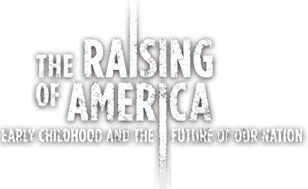DISCOVER
Babies in Finland Sleep in Boxes?
The maternity package contains clothes, socks and mittens, a snowsuit (it’s Finland, after all), towels, bath and sanitary products, cloth diapers, picture books, toys, even nursing bra pads and condoms. It also contains bedding and a mattress. And for many Finnish infants, no matter their family income, the cardboard box doubles as their first crib.
The symbolism of the box may be even more significant. A Finnish father-to-be told the BBC, “This felt to me like evidence that someone cared, someone wanted our baby to have a good start in life… It strengthens that feeling that we are all in this together.”
By all accounts, Finland is among the most child-centered and family-friendly societies in the world. All mothers receive four months of paid maternity leave, even if she’s not working. Fathers and mothers can split an additional six months of paid parental leave (same sex couples, too). Fathers who take leave receive an extra ‘bonus’ month to encourage dads to participate in childcare.
When returning to work, parents don’t fret about childcare or preschool quality, be they rich or poor. Childcare fees are on a sliding scale, based on ability to pay. Lead teachers must have master degrees, aides, college degrees (university education is free in Finland). Teaching, even preschool, is a well-paid and prestigious profession. The child-centered curriculum is built around exploration and play. No flash cards. And if a parent opts to stay home with their child instead of work, they receive an extra child support benefit.
Finnish children don’t start elementary school until age 7. But their PISA (Programme for International Student Assessment) test scores constantly rank them among the world’s best.
Back at work, employees are entitled to six weeks of paid vacation, plus another 10 paid holidays. Everyone is guaranteed health care. And if a worker or their child gets sick, they receive a sick care allowance.
In Finland, only one in twenty children live in poverty after government benefits and supports (in the U.S., 1 in 4 children age 0-5 live in poverty).
No wonder Finns in 2014 were celebrated for having the world’s happiest mothers (see Save the Children report).
Linda Cook, a political scientist at Brown University, told The Atlantic, It seems to me that people in Finland are more secure and less anxious than Americans because there is a threshold below which they won’t fall.
TAKE-AWAY
When parents feel valued and secure from the start, children do better.


















